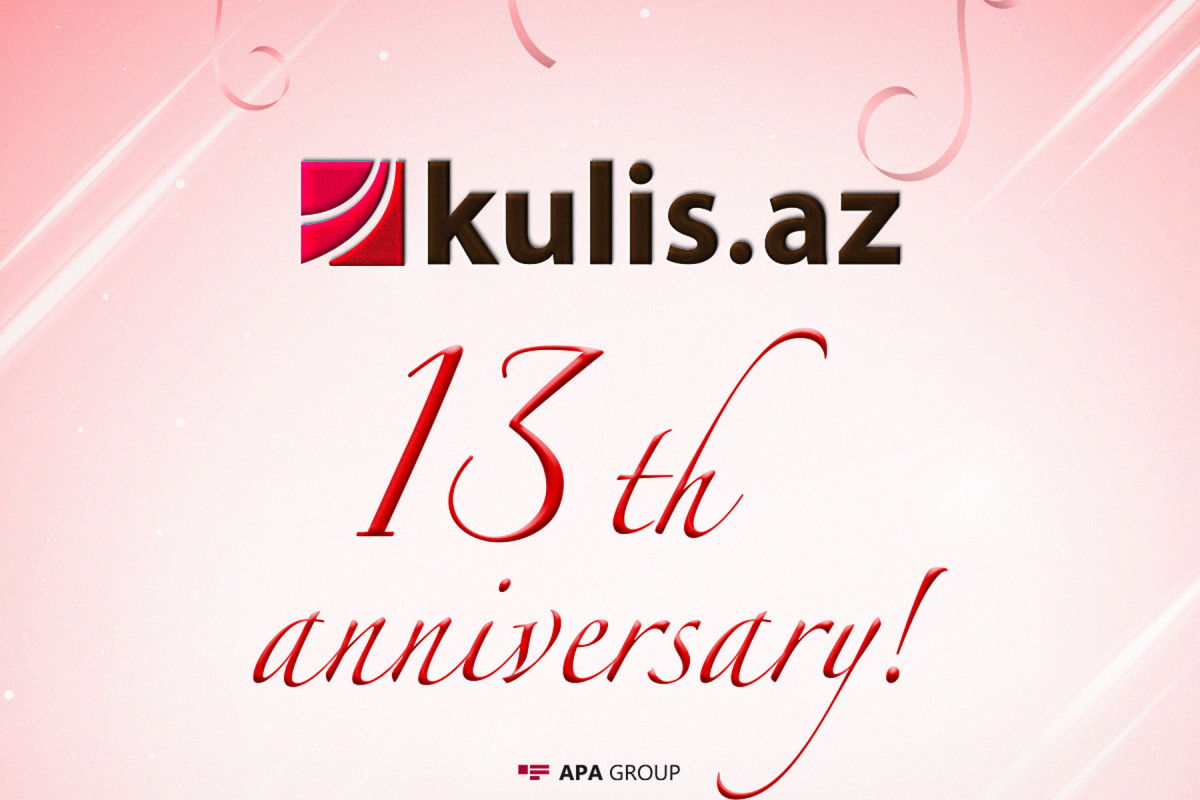Delivering a speech at the event, Ali Hasanov, the Azerbaijani president's aide for public and political affairs, said that after Azerbaijan's gaining independence, ensuring the freedom of expression and media, creation of independent media outlets has always been in the limelight of the state as one of the main directions of creating a civil society and democratization process.
Â
Hasanov said that Azerbaijan's 1995 constitution reflects the relevant norms, adding that the censorship was abolished in the country in 1998 in accordance with the decree of the National Leader Heydar Aliyev.
Â
The top official pointed out that the legislative framework was improved and brought in line with the international standards in order to ensure the freedom of media.
Â
The media palette has been fully formed in Azerbaijan, according to Hasanov.
Â
He said that today, more than 50 television and radio stations, hundreds of newspapers, magazines, news agencies, e-resources, media organizations and broadcasting centers are operating in the country.
Â
"Azerbaijan's law ensures everyone's right to freely search, receive and spread information," the top official added.
Â
He noted that opening a press agency is an easy procedure in Azerbaijan. "I think that the implementation of the strategic line of development in Azerbaijan and the country’s successful activities in the framework of international organizations played an important role in this regard.â€
Â
The presidential aide pointed out that Azerbaijan closely cooperates with the OSCE and the Council of Europe in developing the democratic norms and building a civil society.
Â
The joint project of the European Union and the Council of Europe on "Freedom of expression and freedom of media" holds a special place, he said.
Â
Addressing the roundtable discussion, Dragan Filipovic, head of the Baku Office of the Council of Europe, said that the CoE continues to promote media pluralism in member countries, including Azerbaijan.
Â
The CoE co-operates with the EU in this area, the project "Freedom of expression and freedom of media" is one of these projects, Filipovic said.
Â
The law on defamation is aimed at the protection of freedom of speech, she said, noting that the CoE Secretary General Jagland called on 47 member countries to adopt this law.
Â
The CoE representatives went on to say that after gaining independence, Azerbaijan has improved legislation on freedom of the media, but there is still criminal liability for defamation.
Â
She recalled that the CoE Committee of Minister urged the member countries to reconsider the legislation on media freedom.
Â
In his speech, Patrick Penninckx, head of Information Society Department of the Council of Europe, said that 250 years ago the Swedish parliament adopted a liberal law on media freedom, which is considered the world’s first law on freedom of information. Â
Â
“In order to support freedom of information in Azerbaijan, we continue to hold trainings for journalists within the framework of the project “Freedom of expression and media freedom in Azerbaijan,†he said. “We set a goal to raise awareness of journalists about their rights and obligations. We have recently organized the visit of 15 journalists to the Council of Europe.†Â
Â
Penninckx emphasized that defamation laws should be applied in exceptional cases.
Â
“High-ranking officials should be more tolerant of criticism. There would be no restrictions on open discussion of political issues. Journalists and media should not exceed the limits in respect of human rights and reputation, and must comply with the journalists’ Ethics Code. We shouldn’t be engaged in any defamation law. These articles should be removed from both Criminal Code and Civil Code,†he added. Â
Â
Aflatun Amashov, chairman of Azerbaijan’s Press Council, said Azerbaijan’s president in his speeches repeatedly urged the country’s officials to be more tolerant of criticism.
Â
He said Azerbaijan’s sensitivity towards defamation is reflected in the programs, noting that no journalist should fear of criminal liability for his/her article.
Â
On the other hand, journalists must be responsible, according to him.
Â
Amashov noted that the defamation hasn't been provided in many European countries.
Â
“We also regard the defamation as an important principle. The Press Council put forward defamation initiatives in 2008. The Press Council developed a draft law on defamation in 2011 and it was welcomed by the CoE. Then we worked together on this bill in the parliament and submitted it to the Venice Commission,†he added.
Â
According to him, there are divergences on defamation.
Â
“Some journalists consider that defamation is early for Azerbaijan. There is no consensus among MPs. However, I think that today we are starting a new phase. It is a period of preparation for defamation. I believe that these proposals will be summarized and raise our awareness on defamation,†he said.  Â
Â
Â
Â




